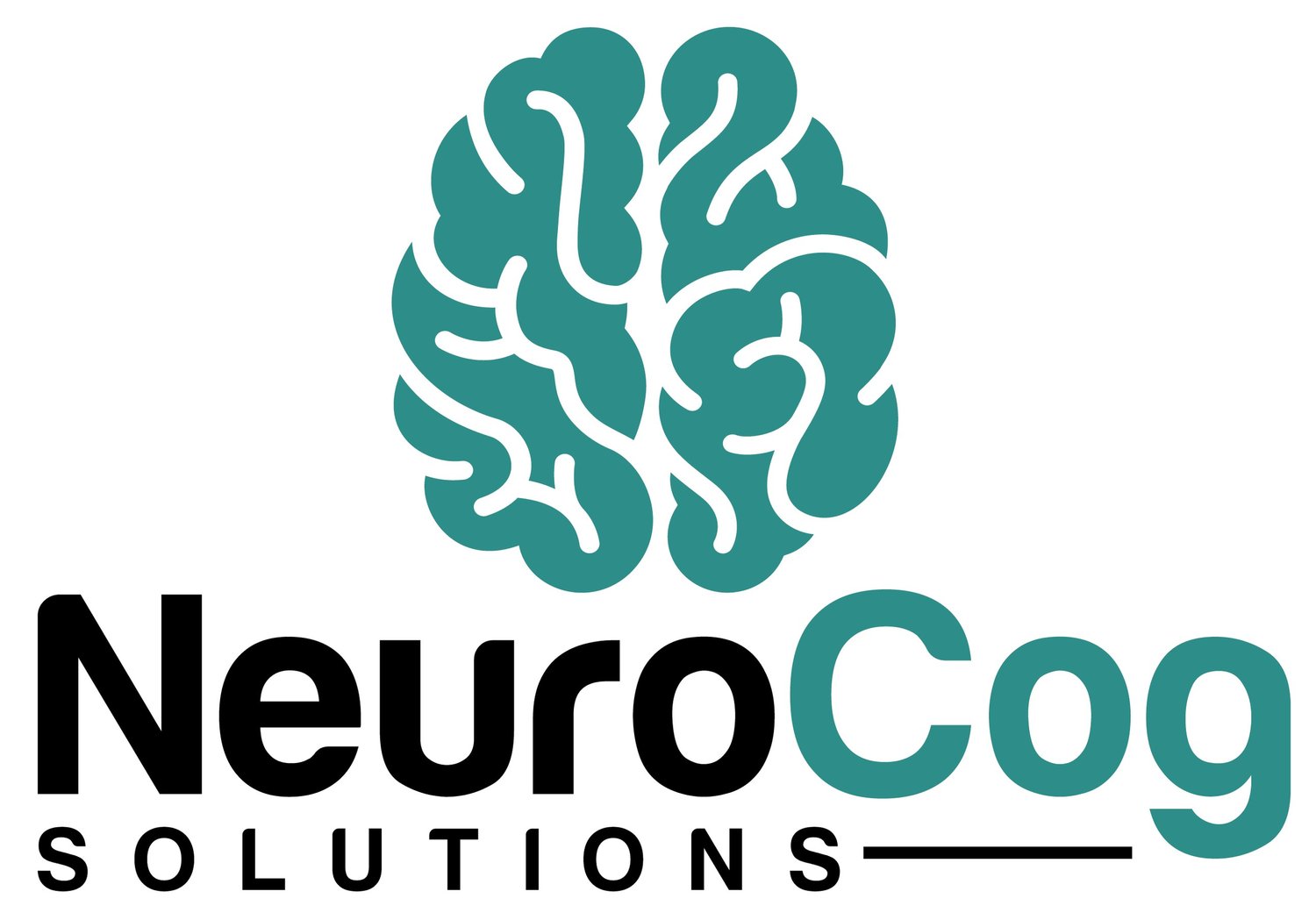Normal Aging and Mild Cognitive Impairment (MCI)
Normal Aging and Mild Cognitive Impairment (MCI)
As we age, our brains become smaller, slower, and we notice we’re not quite as sharp as we used to be. We become more forgetful, have trouble finding the word we want to say, and take longer to accomplish tasks. These changes in thinking skills are part of normal aging.
But, sometimes changes in thinking skills are more concerning, and patients and loved ones want to know if the memory loss, language problems, and other cognitive changes they’re noticing can be attributable to normal aging, or if there is something more significant going on.
Mild cognitive impairment (MCI) is the stage between normal aging and dementia - changes in thinking associated with MCI are not part of the normal aging process, and symptoms are usually more obvious and may get worse over time. Memory decline and other cognitive problems are not so severe that they impact a person’s ability to carry on with their daily activities, but those with MCI are at much greater risk for developing dementia.
Understanding MCI is multi-faceted. There is no one cause of MCI. Genetics and lifestyle factors play a role.
There are several lifestyle factors that increase one’s risk of developing MCI: medical conditions such as high blood pressure, high cholesterol, diabetes, and obesity, smoking cigarettes, having a sedentary lifestyle, and lack of mental and social stimulation/activities. For a healthy brain, eat well, get your cardio in, and keep your mind stimulated and socialized.
If you are concerned that you or a loved one may be living with mild cognitive impairment, contacting a neuropsychologist is an important next step. Neuropsychological testing can be helpful in determining normal aging versus MCI. After testing is completed, specific treatment recommendations for managing MCI can then be discussed at your appointment.
